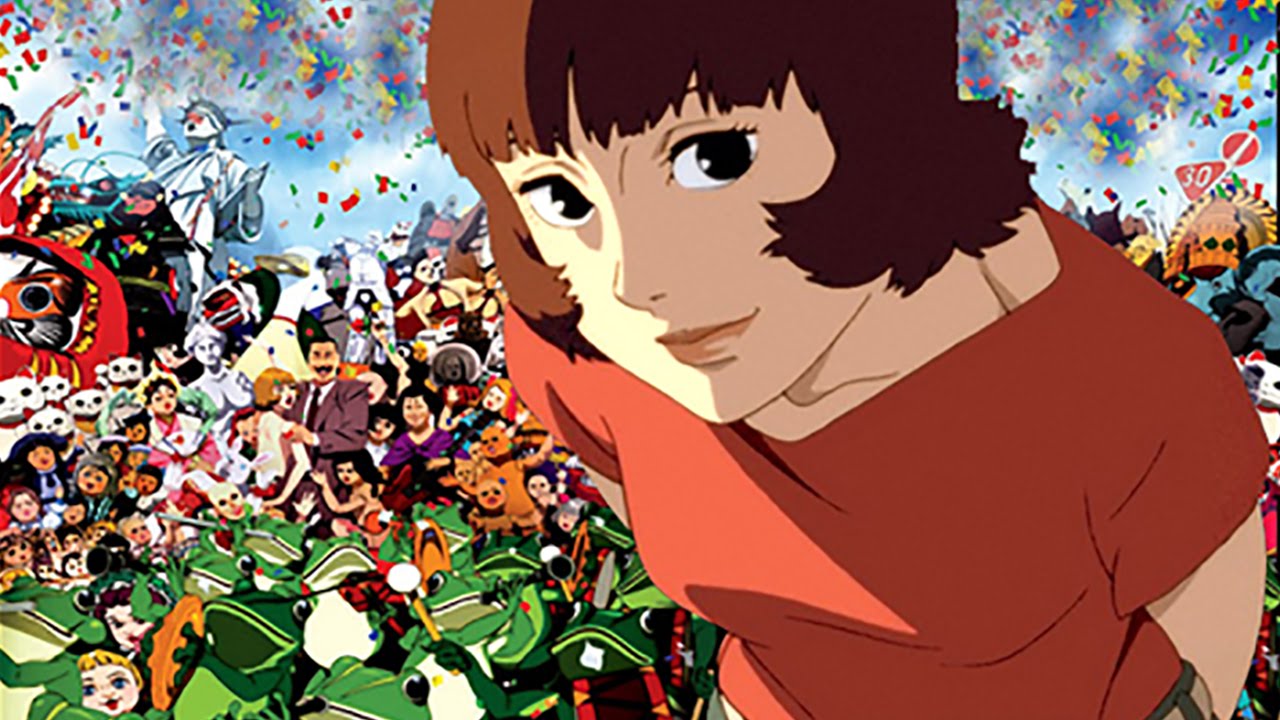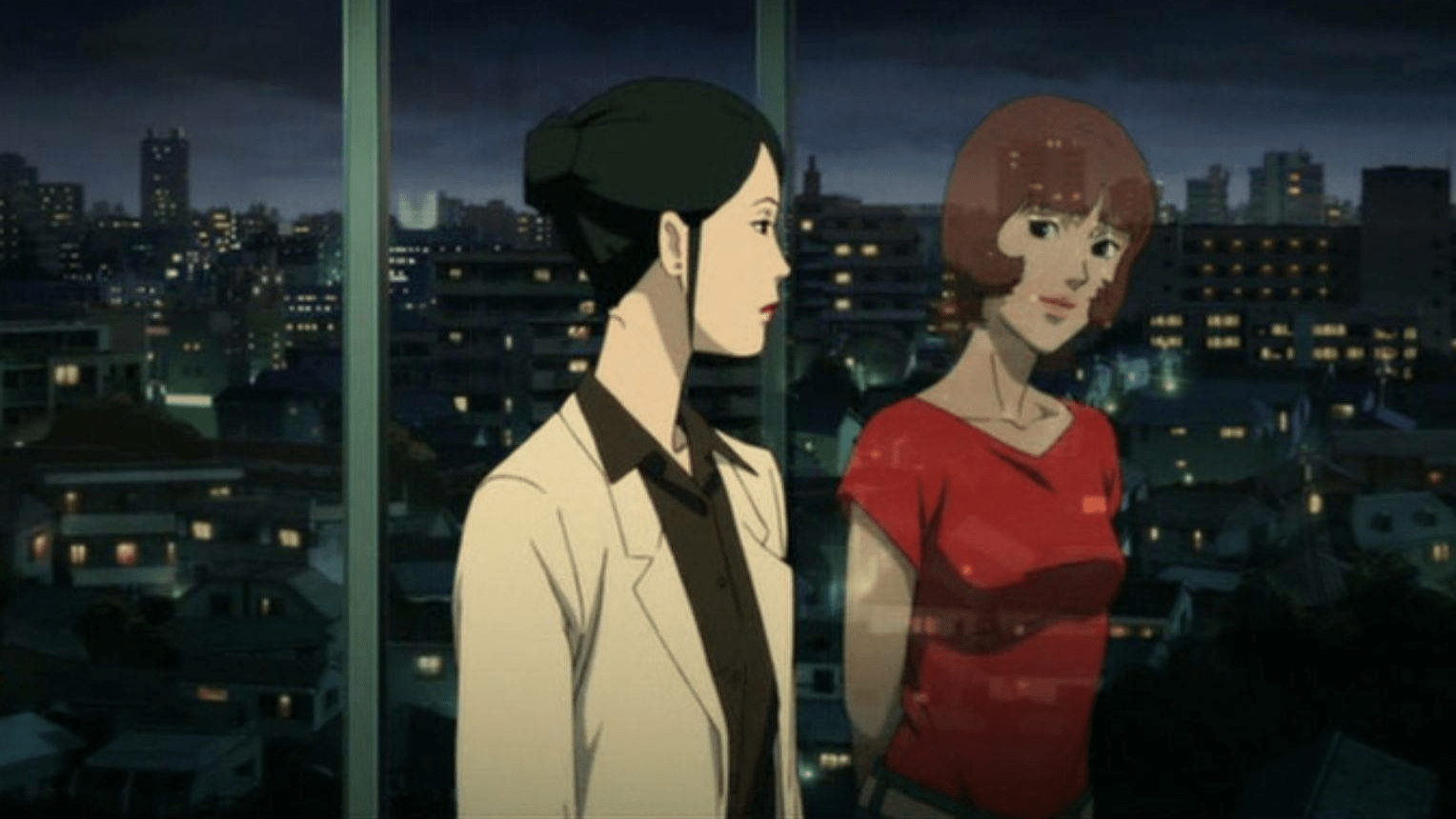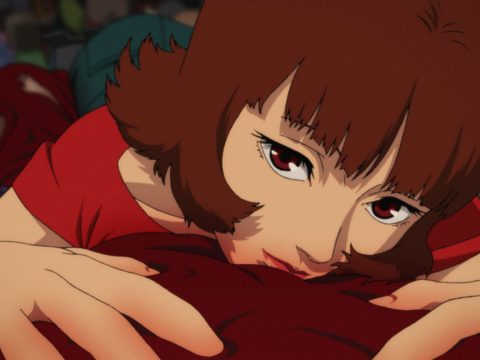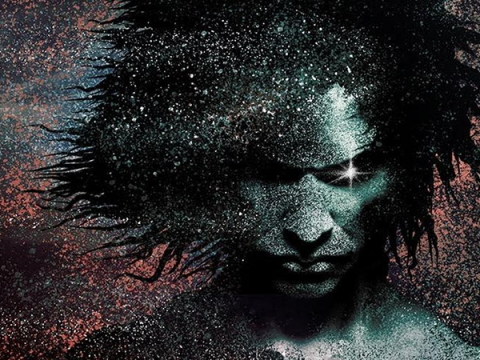
Fifteen years ago, visionary directory Satoshi Kon released his fourth and final film. Based on the novel by Yasutaka Tsutsui, Paprika has become a modern classic, and inspired filmmakers around the world. Here in 2021, we’re still very much in love with it.
Honestly, we don’t need a reason to rewatch it at every available opportunity. Regardless, we do have our reasons — here are just a handful.
Megumi Hayashibara’s Amazing Voice Work

Legendary voice actress Megumi Hayashibara has a lot of famous roles under her belt, from Lina Inverse to Rei Ayanami. Paprika casts her in a one-woman dual role. By day, she’s the no-nonsense Atsuko Chiba. But in people’s dreams, she’s the sweet and upbeat title character. Both are the same person, of course, but both are different sides of the same coin.
Hayashibara does a fantastic job as both Chiba and Paprika, exploring the character’s duality throughout the film and her desire to help her patients. We also can’t wait to read more about that role — and others — in her memoirs!
Mind-Blowing Visuals

If you’re watching a Satoshi Kon movie, you know you’re in for some surreal beauty. Whether it’s the horror of Perfect Blue or the mind-bending loveliness of Millennium Actress, he always brought something unique to the table. Paprika let him delve into literal dream worlds, creating characters’ alternate selves and entire symbolic settings.
At the center of it all is the Parade, a mad mashup of dreams breaking their boundaries and blending together. That’s not the only eye candy the film has to offer, but it’s a major element of the film’s plot. And it’s one of the movie’s iconic visuals. If you’ve yet to watch the movie for yourself, we won’t spoil any of the visuals. Just explore the crowd and see what you find.
A Story with Layers

There’s a lot going on in Paprika, and it’ll take you several watches to see it all. (Which is good, because we’re down for several watches.) There’s the intrigue of the psychological/sci-fi story at the center. There’s the layers of dream logic, appropriately enough. And, at the center, there’s the story of Dr. Chiba’s most mysterious patient: herself. And what part of her mind Paprika issues from.
As with all of Satoshi Kon’s work, Paprika has survived the years and can be watched again and again. And every time you watch it, you’ll likely see something new. So, even fifteen years later, we’re always finding more to love.







